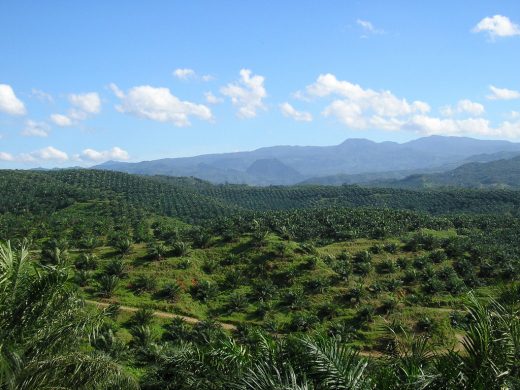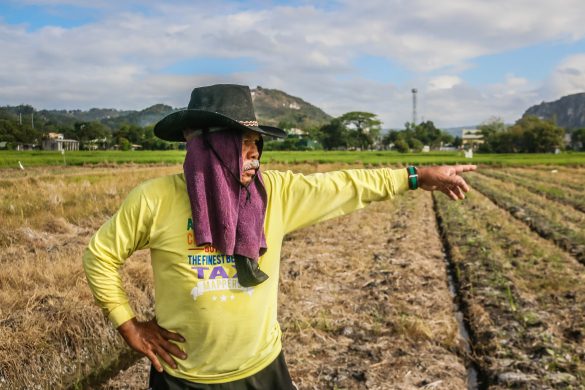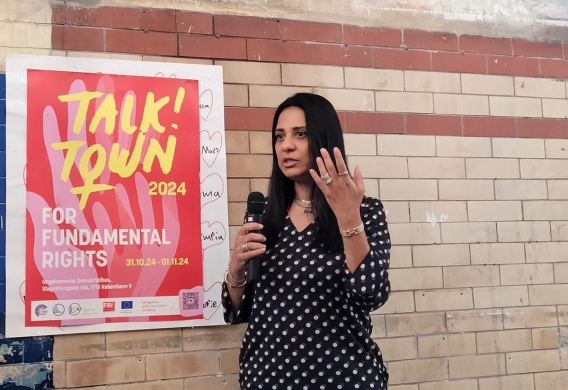International, November 11, 2016: The Roundtable on Sustainable Palm Oil’s (RSPO) 13th General Assembly (GA13) and 14th Roundtable Meeting (RT14) highlighted the importance of collaborations in a shared effort towards making sustainable palm oil the norm, according to a press release from the forum.
The three-day conference was attended by more than 800 representatives from 46 countries including leading figures of the palm oil industry, corporate leaders in sustainability, financial institutions, policymakers and academics as well as social and environmental NGOs.
The RSPO has seen a broadening support from members, partners and governments in the last year.
Important announcements made at the RT14 included the initiation earlier this year of the Singapore Alliance on Sustainable Palm oil and the news that 9 African Nations, on the sidelines of COP 22 in Marrakech, will pledge their commitment to sustainable palm oil.
Datuk Darrel Webber, CEO of the RSPO said “We must continue our work and make sure that the successes we have seen at this year’s RT14 maintain the RSPO on-track to unite various stakeholder groups, and facilitate the creation of national collaborations that can transform the markets without leaving anyone behind.”
Moreover, some significant resolutions were approved at the RSPO’s GA13, including:
- Resolution GA13-6b: Resolution to Adopt “Non-discriminatory Entitlement and Responsibility for RSPO members under a specific sector or membership category”. The adoption further ensures that member groups across the seven sectors equally comply with and abide by the requirements established by the RSPO.
- Resolution GA13-6d: Assuring Effectively Planned, Implemented and Monitored Compensation Projects in “Remediation and Compensation Procedure” of the RSPO. This resolution was passed to ensure effective planning, implementation and monitoring of Remediation and Compensation Projects, demonstrating RSPO’s commitment to transparency and best practices.
- Resolution GA13-6e: Protecting Human Rights Defenders, Whistleblowers, Complainants and Community Spokesperson. On addressing social issues, the GA has approved Resolution 6e, RSPO improves as a credible and accountable organisation in protecting human rights by providing support to complainants and community spokespersons.
- Resolution GA13-6f: Resolution to Review and Amendment of the Updated NPP Process as Applied to Smallholders. While this year’s RT14 emphasised on inclusive partnerships, the GA has also approved Resolution 6f, which focused on smallholders inclusivity in the sustainable palm oil supply chain. The resolution aims to review and amend the New Plantings Procedure (NPP) process for smallholders.
About RSPO
In response to the urgent and pressing global call for sustainably-produced palm oil, the Roundtable on Sustainable Palm Oil (RSPO) was formed in 2004 with the objective of promoting the growth and use of sustainable oil palm products through credible global standards and engagement of stakeholders.
The seat of the association is in Zurich, Switzerland, while the secretariat is currently based in Kuala Lumpur with satellite offices in Jakarta, London and Zoetermeer (NL).
RSPO is a not-for-profit association that unites stakeholders from seven sectors of the palm oil industry – oil palm growers, palm oil processors or traders, consumer goods manufacturers, retailers, banks and investors, environmental or nature conservation NGOs and social or developmental NGOs – to develop and implement global standards for sustainable palm oil.
Such multi-stakeholder representation is mirrored in the governance structure of RSPO such that seats in the Executive Board and project-level Working Groups are fairly allocated to each sector.
In this way, RSPO lives out the philosophy of the "roundtable" by giving equal rights to each stakeholder group to bring group-specific agendas to the roundtable, facilitating traditionally adversarial stakeholders and business competitors to work together towards a common objective and make decisions by consensus.















